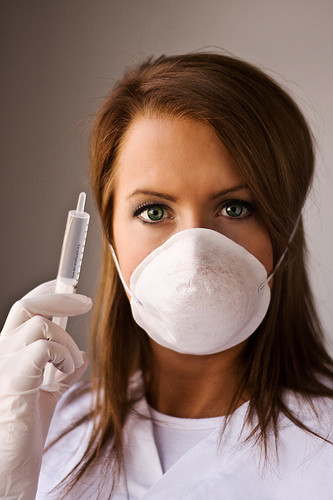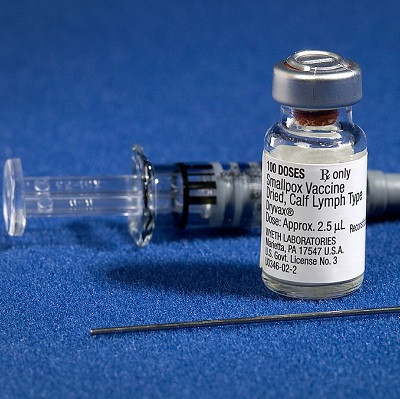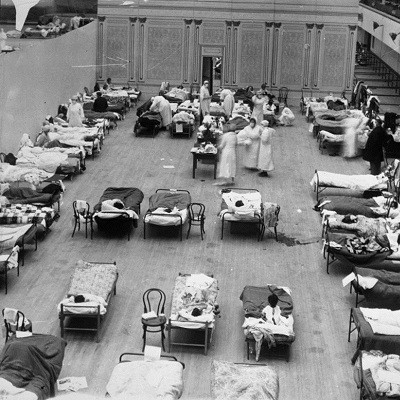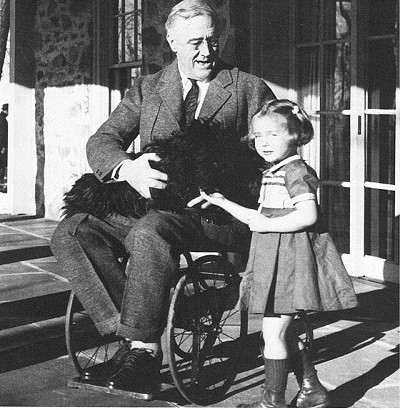Are RI Hospitals Ready for an Ebola Outbreak?
Friday, August 01, 2014
While Ebola hasn’t made its way onto United States soil as of yet, nationwide concern is rising as to whether or not local area hospitals and medical facilities could handle such a case or even an outbreak.
Many hospitals throughout Rhode Island feel as though they are up to the task – including South County Hospital and Rhode Island Hospital – because of their infectious disease departments have been working with the Center For Disease Control to be continually updated on the issue. Additionally, many hospitals have a program in place for infectious diseases already, which could be applied in some way to an Ebola case.
“The key priority in stopping Ebola is three things,” said Tom Frieden, MD, MPH, Director, Centers for Disease Control and Prevention. “First off, you need to find the patients who have Ebola or Ebola-like symptoms and get them isolated and find anyone they have contacted to make sure they aren’t infected. Secondly, you need to respond to the cases so that you can prevent the spread. You need to follow up with any contacts for 21 days to make sure they don’t have it. Third, you need to build a capacity for those in the area to handle the current outbreak.”
GET THE LATEST BREAKING NEWS HERE -- SIGN UP FOR GOLOCAL FREE DAILY EBLASTConcern has been rising about Ebola largely due to its spread in parts of Western Africa, which has killed 729 and a singular case of a Liberian resident flying to Nigeria and dying after he landed. The disease has an incubation period of 21 days and has a mortality rate of 60-percent. Symptoms of Ebola include fever, intense weakness, muscle pain, headache, sore throat, vomiting and diarrhea. The disease is spread through bodily fluids and there is currently no definitive cure.
Proper Protocol in Place
According to Lee Ann Quinn, Director of the Infection Prevention and Control Department and the Employee Health and Emergency Preparedness Department, South County Hospital has been prepared for an Ebola outbreak for a while now because it follows similar protocol to that of any other infectious disease like SARS or MERV.
Proper protocol calls for an assessment anytime a patient comes in with potential Ebola symptoms, which includes making sure they haven’t travelled to one of the countries in which Ebola is prevalent within the past few weeks. If it appears that a patient may have Ebola then they will be quarantined in a negative pressure room.
From that point out, any contact with a patient would require hospital staff to wear proper protective gear, such as gloves, facemasks, gowns, and more. The beauty about this procedure, says Quinn, is that many hospitals can carry out this plan, as long as they have a negative pressure room and a properly educated staff.
“This isn’t the first time that we have had some alerts about a certain kind of infectious disease,” said Quinn. “I think that it is naïve to say that an Ebola outbreak is not possible. Having said that, we have been very serious in making sure that our staff is educated and that our hospital is ready in the event that a case was to arise.”
Taxing Resources
Rhode Island Hospital has taken the potential threat of Ebola very seriously, even if it isn’t widely thought that the disease could spread to the United States anytime soon.
Rhode Island Hospital has procedures and education in place in the event that an Ebola or potential Ebola case was to arise. Additionally, the hospital has been practicing, using an unannounced drill to make sure that staff members are ready and properly screen patients for potential symptoms of Ebola or other infections that require isolation.
Regardless of procedure, education, or training, David Portelli, MD, Medical Director of the Emergency Department at Rhode Island Hospital, is worried that the first case that presents itself in the United States could be troublesome, something that could tax a variety of the hospitals attention and resources.
“The first case of Ebola in the United States – whether at our hospital or any other – is going to tax the hospital,” said Portelli. “Hospitals are busy places; even if one patient had a confirmed case of Ebola, the amount of attention and hysteria that could result could be challenging for a hospital to deal with.”
Related Slideshow: The History of Disease Outbreaks in New England
Related Articles
- Ebola Outbreak: How Prepared is Rhode Island?
- NEW: Chicken Pox Outbreaks in 4 RI Communities
- NEW: Outbreak of Whooping Cough Hits Barrington, Spurs Investigation
- UPDATE: Salmonella Outbreak Linked To Egg Storage
- WARNING ISSUED: HEALTH Investigating Salmonella Outbreak - 13 hospitalizd in RI
- Zombie Outbreak is Target of URI Mock Pharmacy Clinic
- NEW: First Meningitis Case in Rhode Island From National Outbreak
- The History of Disease Outbreaks in New England
- NEW: Brown University Investigates Potential Norovirus Outbreak
- Men More Vulnerable to Alzheimer’s Disease, Says New Study
- NEW: RI Hospital, Miriam Name New Chief of Infectious Diseases
- Flu During Pregnancy Linked To Bipolar Disease in Offspring
- URI Professor Investigates Deadly + Rare Disease
- Giovanni Feroce Appointed Chairman of Rare Disease United Foundation
- The 25 Biggest Diseases To Strike Rhode Island
- LISTEN- The 25 Biggest Diseases to Strike Rhode Island
- Midlife Fitness Keeps Away Chronic Disease—New Research
- Will Heart Disease Affect Your Baby If You’re Pregnant?
- RI Hospital Neurologists Attack Alzheimer’s Disease
- 11 Ways to Keep Kids Safe from Lyme Disease
- RI Hospital Part of Major National Alzheimer’s Disease Research
- Ri Hospital Fights Pulmonary Disease with New Trial
- For Mother, Nowhere to Turn for Advice on Genetic Diseases
- Spinal Cord Stimulation Could Help with Parkinson’s Disease
- Artist Creates “Nail Art” to Raise Money for Parkinson Disease Research
- Lyme Disease Retreatment Is Flawed—Brown Research
- How To Protect Your Trees From Bugs and Disease
- CDC: RI Breastfeeding Rates Start Strong, Taper Off Long Term
- NEW: Rhode Island’s Lead Poisoning Prevention Program Threatened by CDC Budget Cuts
- New CDC Report—How Obese is Rhode Island?
- CDC Recommends Hepatitis C Test for All Baby Boomers
- Rhode Island Teens Having More Than One Baby—New CDC Report














